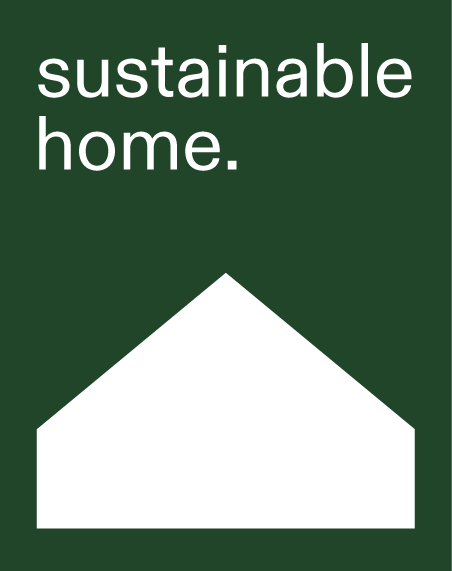This 1960s home was originally built as a simple shack, surrounded by similar properties in the Tasmanian peninsula of Midway Point — an area where many Hobart locals traditionally escaped the city for the weekend during that era.
The house had been owned by only one other family before being purchased by Habiter Studio founder Dan Colthorpe and and his wife Elyssa who’ve since turned it into their idyllic family home. But the property felt compartmentalised and segregated, especially after being added to, repainted, and relined over the years.
‘We counted 10 different styles of vinyl flooring, with each room painted a different colour,’ Dan adds.
There were still some ‘nice moments’ and mid-century features underneath the cluttered interiors, which inspired the couple to work within its existing footprint of 90 square metres, bringing out the best parts along the way.
‘We wanted a distilled style and palette to bring a sense of continuity, calm, and lightness throughout the home, in contrast to the clutter of the original dwelling,’ Dan says.
Their renovations updated every surface, and every room was reconfigured or expanded in some way. Removing some of the existing walls helped combine the living, kitchen, hallway, and laundry as one open-plan space was a key part of the transformation.
A new large sliding door on the rear wall opens out to the beautiful deck, drawing you out towards the backyard and the views of Pittwater, Seven Mile Beach and Kunanyi/Mt Wellington.
‘The space now completely celebrates the connection to the outdoors where you can capture views and enjoy the garden,’ Dan adds.
Nature also helped inspire the home’s minimalistic material palette. The couple selected native plants based on the site’s local flora, and inside this was channelled into the use of Tasmanian oak and a bluestone fireplace hearth. The grains of the timber ceiling now complement the original floorboards below — discovered underneath the layers of vinyl flooring — and the white walls are a perfect backdrop for the joinery, artwork, and objects within the space.
‘The project was being completed during Covid and lockdowns, which left my wife and I putting the final touches together ourselves,’ Dan says. ‘It ended up feeling like an “in-house” art project where the world outside seemed to disappear at times, and we got lost in the creative process.’
Dan and Elyssa’s love of art, nature and architecture are woven throughout the house, now light and airy despite its small size. ‘For us, the home has a bit of soul to it,’ Dan adds.
















































